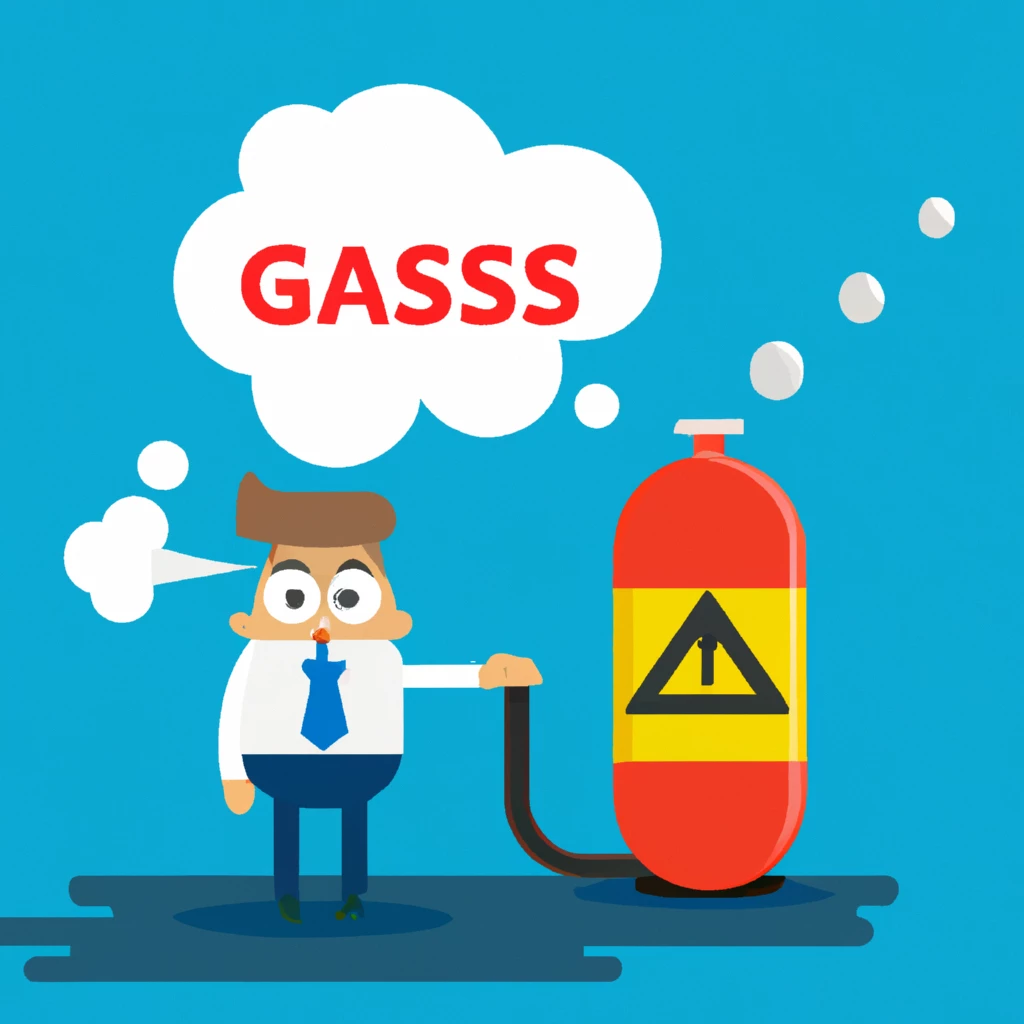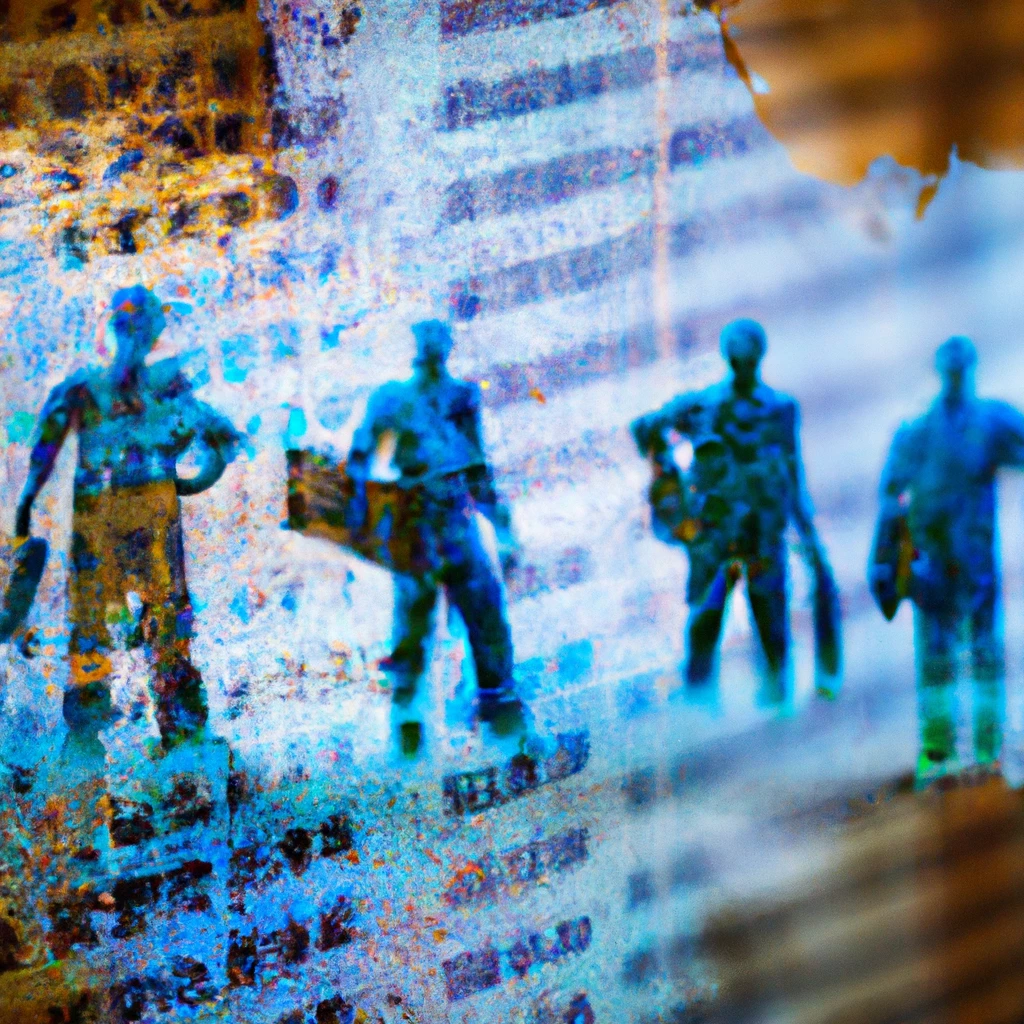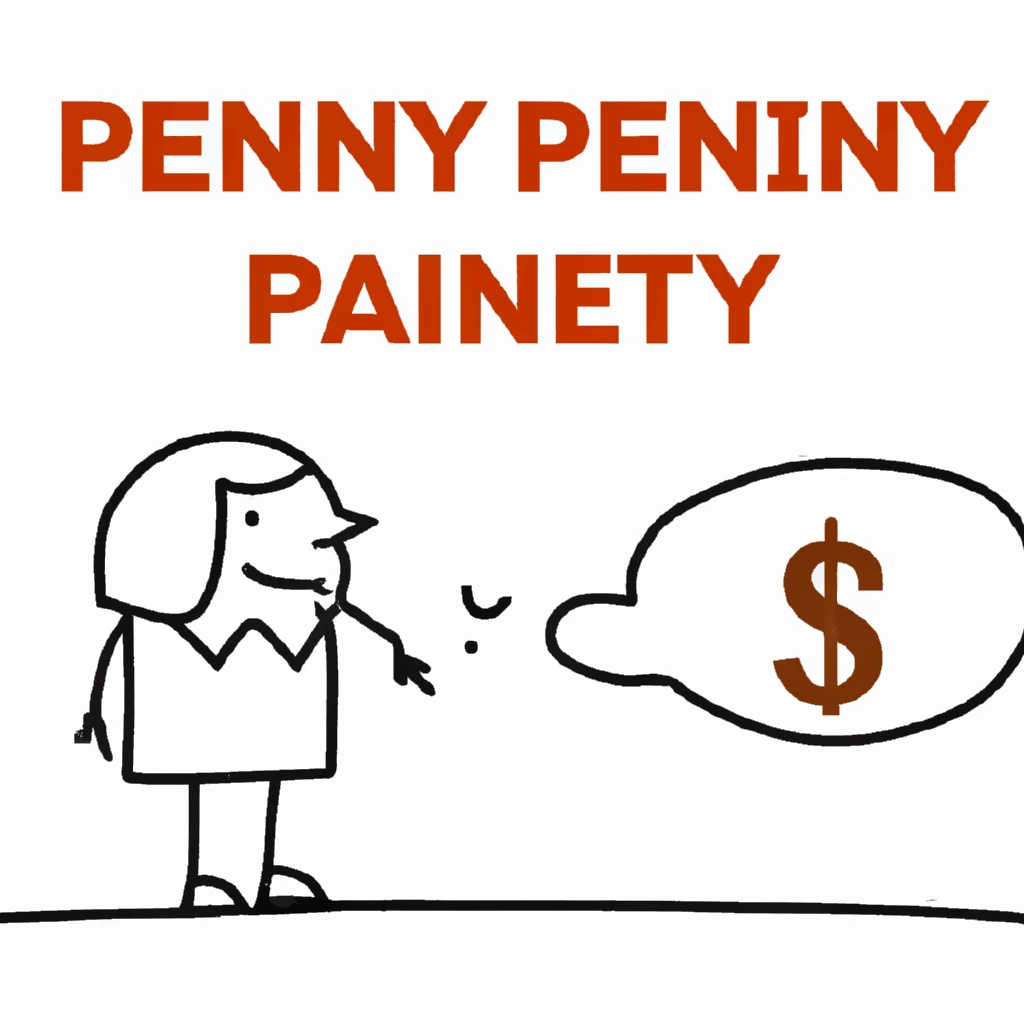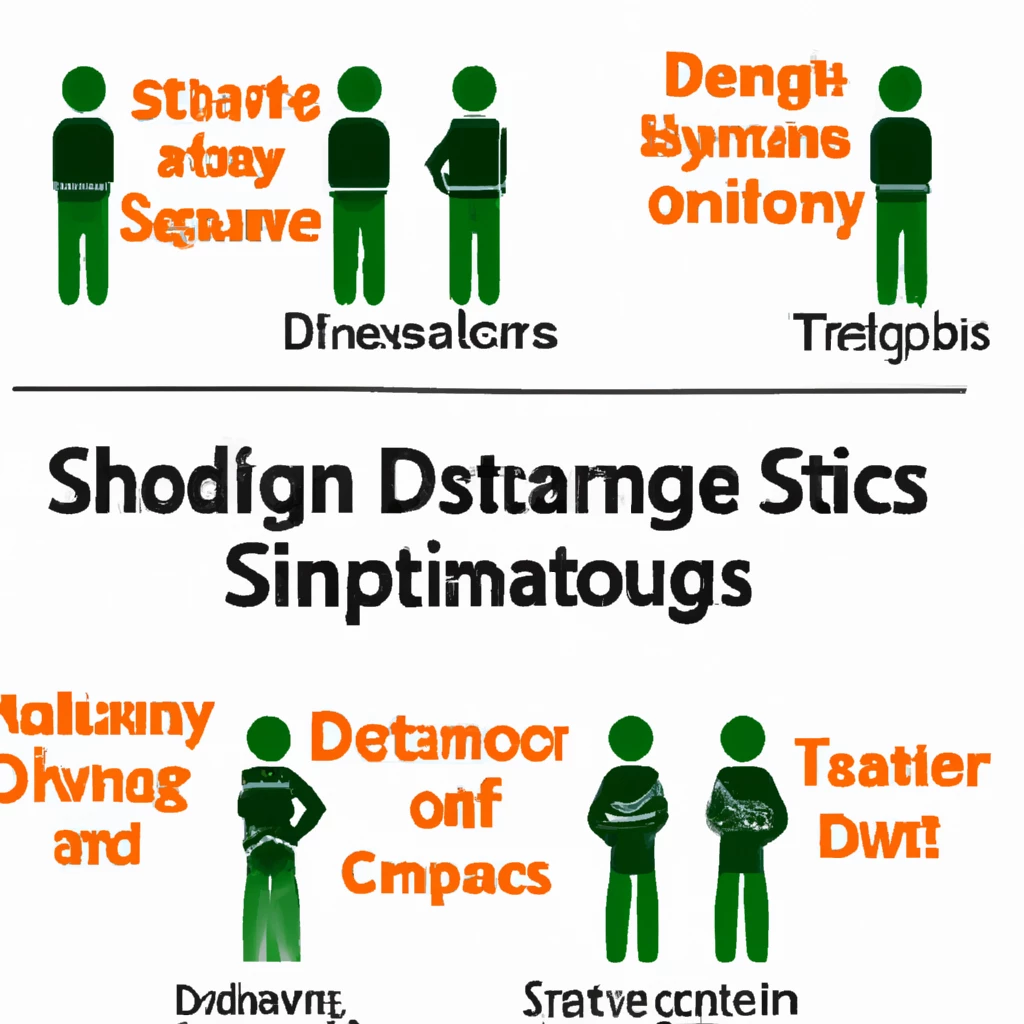
Understanding the Impact of Gas Prices on the Economy
Gas prices have been on a rollercoaster ride, capturing headlines and affecting wallets nationwide with their unpredictable fluctuations in recent years.
The Dynamics of Gas Prices
Various factors such as geopolitical tensions, weather events like hurricanes and flooding, and seasonal travel patterns have historically influenced the price of gasoline. When gas prices surge, individuals feel the pinch at the pump, leaving less room in their budget for other expenses. However, the repercussions of high gas prices extend beyond personal finances to impact the broader economy.
Implications of High Gas Prices
Conversely, when gas prices decline, it becomes more affordable for households and businesses to fuel up, alleviating transportation-related costs for industries like airlines and trucking. Yet, this downward trend can hamper the domestic oil sector.
Direct and Indirect Effects
In general, high oil prices exert a drag on the overall economy. Let’s delve into some of the specific negative impacts of elevated gas prices.
Key Takeaways
- When gas prices rise, they can impede economic growth, affecting consumer spending, airline fares, and hiring practices.
- Gas serves as a critical input for transportation, impacting both households and businesses reliant on transportation networks.
- Higher gas costs can curb discretionary spending, setting off ripple effects throughout the economy.
Retailers
High gas prices reduce consumers’ discretionary spending as a larger share of their income goes towards fuel. This shift in spending behavior prompts shoppers to lessen trips to physical stores and opt for online shopping instead.
Retailers are further squeezed by higher shipping expenses, stemming from increased fuel costs. Products requiring transportation face price hikes, especially those relying on overseas manufacturing or petroleum-based materials.
Public Transportation
Rising gas prices drive greater interest in public transportation, offering a cost-effective alternative for commuters. Instances like the Raleigh-Durham-Chapel Hill region experiencing a surge in public transportation ridership during periods of escalating gas prices underscore this trend.
Auto Industry
As gas prices climb, the auto industry adapts by producing more fuel-efficient vehicles like hybrids and electric cars. This shift resonates with consumers, as evidenced by the rising popularity of environmentally friendly vehicles.
Airlines
Fuel expenses significantly impact airlines’ operational costs. To mitigate the effects of fluctuating oil prices, airlines engage in fuel hedging strategies. Price hikes in gasoline can lead airlines to raise ticket prices, potentially dampening air travel demand.
Jobs
Rising gas prices can hinder job growth, affecting hiring decisions as businesses navigate economic uncertainties. Reduced consumer spending stemming from high gas costs can constrain sales and, in turn, impact companies’ employment plans.
New Jobs and Freelancers
Job seekers weighing commute costs against job offers may face dilemmas due to escalating gas prices. Freelancers, too, confront challenges as higher fuel expenses limit their business opportunities within certain geographic areas.
The Bottom Line
While debates persist about the exact economic impact of gas prices, there’s a clear relationship between consumer sentiment, spending patterns, and gasoline costs. Changes in gas prices can sway individuals’ economic outlook, influencing their confidence in the economy.





